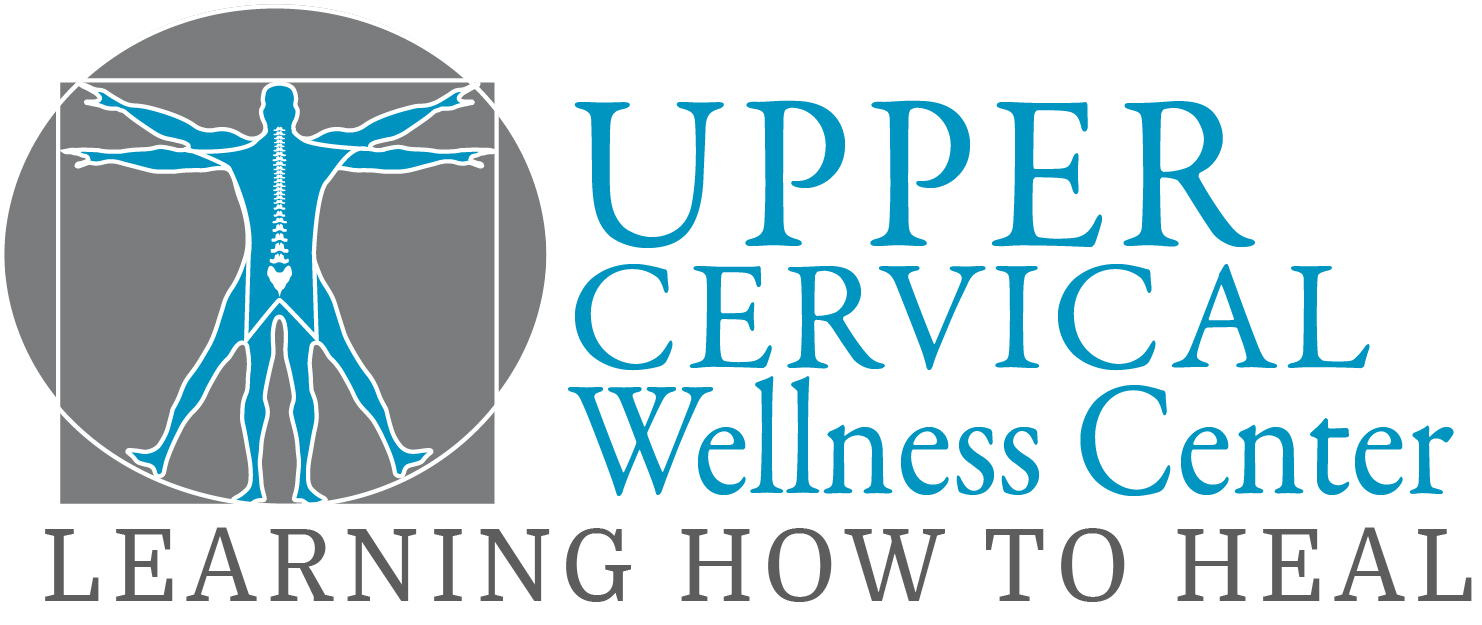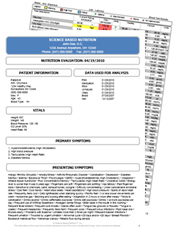It’s getting to be that time of year when family gatherings and holiday parties are a consistent part of our lives. The sweet and delicious aromas coupled with the nostalgic memories of grandma’s pies, cakes and comfort foods unravel our will power of healthy eating. Sadly, these foods tend to be full of sugar and high in calories. The holiday season is not a single day ordeal! From mid-November to the start of the New Year could potentially be a five-week cheat meal. Not only dietary issues appear during the holiday season, this time of year can be equally stressful as traveling and family ordeals can take their toll. Is there something you can do now to prepare yourself this holiday season?
Holiday Weight Gain
A study called “Holiday Weight Gain: Fact or Fiction?” states the average American gains 1-2 pounds during the six-week period from Thanksgiving through New Year’s. Those who are overweight or obese gain an average of five pounds. (4) A pound or two of weight gain may not seem like much now, but if you don’t address it – you may be up 10 pounds in decade. What can you do to help reduce the risk of over consuming and weight gain?
- Write down what you plan to eat in a food journal. It’s hard walking into a holiday party and avoiding the overfilled dessert table. If we don’t plan ahead, we may over consume items we never intended to eat in the first place. Start each day with a game plan. Figure out what you want to eat for the day and stick with it. Writing down your food options will help keep you accountable and on track. (3)
- Skip the soda or other sweetened beverages. Soda – One 12 ounces of soda can have up to 50 grams of sugar. The sugar content is alarming, but drinking soda is linked to increased risk of diabetes, cancer, cardiovascular issues and it dehydrates the body. (7) If you are looking for a way to replace soda, try sparkling water.
- Avoid artificial additives, including sweeteners, colors and artificial flavors.
- Eliminate processed foods and MSG. If high fructose corn syrup is found on a label, then you can infer that the item is very poor quality. To avoid eating high fructose corn syrup, try eating vegetables and fruits that are fresh or frozen. Stay away from processed foods that are most likely found within the aisles of the grocery. If you limit your shopping to the perimeter of the store you are most likely shopping where the fresh ingredients are located.
- Bring a dish you feel comfortable with to your next gathering. If you are trying your best to avoid processed and junky foods, bring a food item that will increase your healthy food choice options.
- Bring a snack. If you are concerned about overeating, try eating something light before heading out to your event. Ex: peanut butter and apple.
Holiday Stress
It’s no surprise, when the holidays hit – we can get stressed out. The more stress we experience, the more our body produces adrenaline. This stimulate gives a short burst of energy, but can also drain our essential nutrients. Leaving us feeling drained, fatigued and overall more stressed. What can you do to help reduce your stress this holiday season?
- Optimize your gut flora. The gut and the brain work together and can influence one another. A study was conducted on mice with infectious colitis and the use of a probiotic Bifidobacterium Longum. Anxiety like behavior was assessed and during the study, the mice that had received the probiotic had a reduction in anxiety symptoms. In fact, the study found an anxiolytic (inhibits anxiety) effect of the probiotic involving the vagal pathways of the gut-brain communication. (6)
- Vitamin C – We know this vitamin can help support our immune system, but with its high antioxidant properties it can also help with stress. During times of stress, vitamin C can get naturally depleted within our bodies. Making vitamin C important during this holiday season not only for our immune system, but to help balance stress levels.
- Vitamin B complex helps protect the liver, but has also been shown to reduce stress.
- Vitamin D – Low levels of Vitamin D have been linked to anxiety, depression and stress.
- Take a deep breath. If you find yourself feeling stressed, try focusing on your breathing. This will help if you find yourself in a hyperventilation situation. Take a deep breath in through your nose for at least 5 seconds. This should be felt in the chest and abdomen, and then slowly exhale out of your mouth. Depending on the level of anxiety, this may take a few minutes before feeling calmer. (5)
- Reduce time on electronic devices. The usage of electronic devices has increased dramatically over the last 5 to 10 years. Electronic devices used before bedtime have the potential to reduce the production of melatonin. Melatonin is needed to help regulate our sleep wake cycle. Without it, we may have trouble falling or staying asleep. Lack of sleep can elevate stress and anxiety within the body.
Moving into this holiday season, it is important to discover what vitamins and minerals you need in order to have optimal health. You can find out the level of your deficiencies and toxicities by getting a comprehensive blood test and tissue mineral analysis. Reviewing results of these testing methods with your experienced nutrition professional can help you understand where to start. By knowing exactly what diet to follow and what supplements you need with the correct dosing, you can control your body’s health status. Get tested today to get started on a pathway towards optimal wellness!
Work Cited:
- “Healthy Eating Tips for Holiday Season.” com, 25 Dec. 2015, fitness.mercola.com/sites/fitness/archive/2015/12/25/healthy-eating-tips.aspx.
- Mitchell , Lauren. “Nutrition and the Holidays: 5 Tips to Navigate Holiday Food the Right Way.” Team USA, 15 Nov. 2015, www.teamusa.org/USA-Triathlon/News/Blogs/Fuel-Station/2019/November/15/Nutrition-and-the-Holidays-5-tips-to-navigate-holiday-food-the-right-way.
- “6 Simple Tips for Proper Weight Management This Holiday.” com, 29 Nov. 2013, articles.mercola.com/sites/articles/archive/2013/11/29/6-holiday-tips.aspx.
- Roberts, S B, and J Mayer. “Holiday Weight Gain: Fact or Fiction?” Nutrition Reviews, U.S. National Library of Medicine, Dec. 2000, www.ncbi.nlm.nih.gov/pubmed/11206847.
- “Everything You Need to Know About Anxiety.” com, Mercola.com, articles.mercola.com/anxiety.aspx.
- Neurogastroenterol Motil. 2011 Dec;23(12):1132-9.
- “Soda Health Risks: 21 Ways Drinking Soda Is Bad for Your Health.” Food Revolution Network, Food Revolution Network, 15 May 2018, foodrevolution.org/blog/food-and-health/soda-health-risks/.

